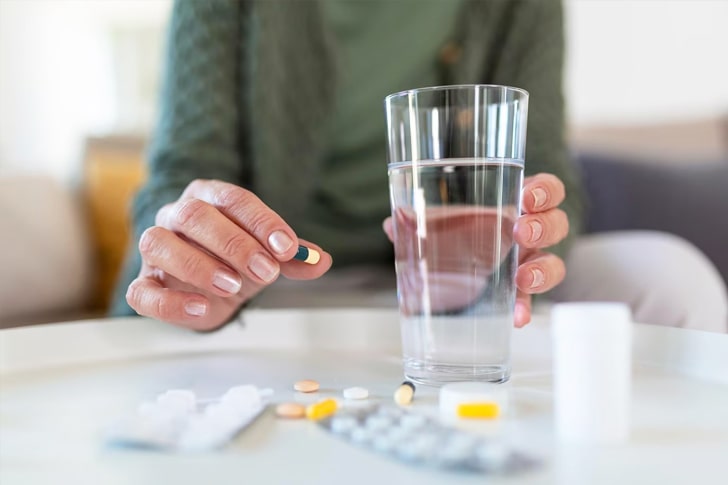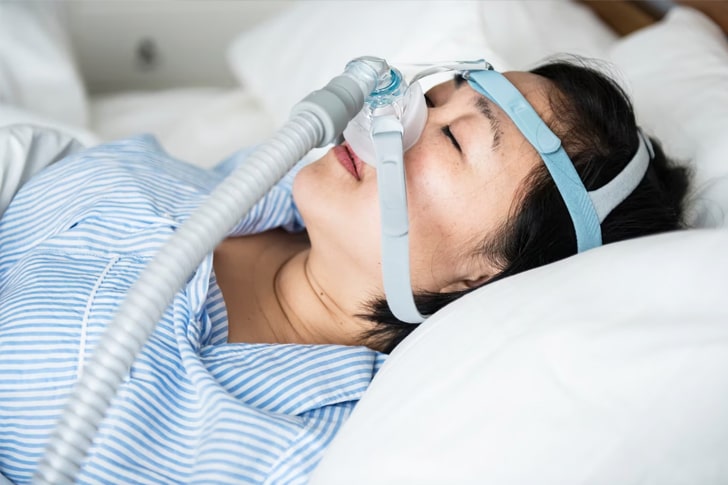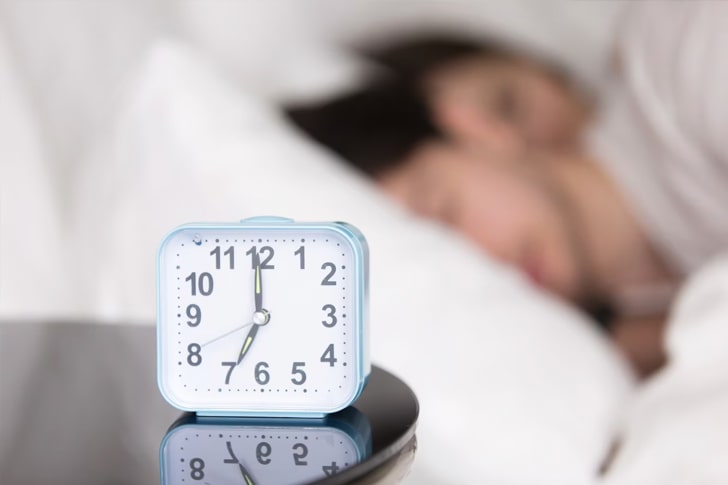At first glance, hypersomnia might sound like a dream for the sleep-deprived: long hours of deep slumber, the embrace of the bed for extended periods, the silence of the world drowned in rest. However, the reality of hypersomnia is not as idyllic as it seems.
Hypersomnia refers to either excessive daytime sleepiness or prolonged nighttime sleep. It's not the occasional Sunday morning lie-in or the post-holiday catch-up rest. It's a chronic condition where individuals face a daily struggle, battling an overwhelming urge to sleep, even after having had a full night's rest. The consequence? Difficulty in concentrating, low energy, and sometimes even feelings of anxiety or irritation.

Andrea Piacquadio / Pexels
Divided into two main categories - Primary and Secondary Hypersomnia - the distinction lies in the cause. Primary hypersomnia occurs without the influence of any other medical condition, making it a standalone concern. On the other hand, secondary hypersomnia is a result of another health issue, such as sleep apnea or depression, which causes the person to feel excessively tired.
Now, armed with an understanding of this sleep disorder, the pathway to treatment becomes a journey of hope and rejuvenation. From medications to lifestyle adaptations, there are several avenues to explore for those wanting to reclaim their wakefulness and zest for life.
Medications for Hypersomnia
Untangling the world of hypersomnia requires a comprehensive understanding of treatment options. Though medications are a potent tool in this arsenal, it's essential to realize that not all hypersomnias are created equal, and what works for one individual might not for another. Let's delve deeper:
Primary Hypersomnia
With primary hypersomnia being its distinct entity, unperturbed by other medical conditions, the approach to treatment is direct.
Stimulants
These are usually the first line of defense. Designed to keep an individual alert, these medications stimulate certain parts of the brain to reduce excessive daytime sleepiness. They work by increasing alertness and enhancing mood, helping patients regain a significant portion of their daily productivity.
Antidepressants

stefamerpik / freepik
For some, the symptoms of hypersomnia may overlap with underlying mood disorders. In these cases, antidepressants can prove beneficial. They not only address the mood component but can also have an awakening effect, counteracting excessive sleepiness and lethargy.
Secondary Hypersomnia
When hypersomnia stems from another medical condition, the treatment strategy involves addressing that root cause.
Sleep Disorder Treatments

rawpixel.com / freepik
If a sleep disorder, like sleep apnea, is triggering hypersomnia, specific treatments targeting that condition can alleviate the excessive sleepiness. This might include devices to aid breathing or even surgeries in extreme cases.
Neurological Medications
When the cause is linked to a neurological issue, drugs that influence the brain's neurotransmitters can be employed. These help in regulating sleep cycles and ensure the brain transitions smoothly between sleep and wakefulness phases.
Adjustment of Existing Medications
Sometimes, the culprit behind hypersomnia is another medication. In such scenarios, a healthcare provider might adjust the dosage or switch to a different drug that doesn't induce sleepiness.
Lifestyle Changes and Tips for Living with Hypersomnia
Living with hypersomnia can be likened to navigating through a foggy maze. But, akin to a lighthouse guiding ships to safety, certain lifestyle changes can illuminate the path to better days.
Structured Sleep Schedule

yanalya / freepik
A structured sleep schedule is the cornerstone of managing hypersomnia. Prioritizing this means going to bed and waking up at the same time daily, even on weekends. This rhythmic pattern stabilizes the body's internal clock, leading, over time, to improved sleep quality and more alert daytime hours. Tools like alarms and sleep tracker apps can be invaluable allies in maintaining this schedule.
However, the pull of daytime naps can be alluring. And while they might feel like a refuge, they often disrupt nighttime sleep. For those who find it hard to resist the call of a midday slumber, it's essential to keep them short and preferably in the early afternoon. Dubbed "power naps," these brief respites can provide rejuvenation without throwing off the night's sleep rhythm.
Dietary Habits
Dietary habits are another linchpin in the management of hypersomnia. The adage "you are what you eat" rings especially true here. Opting for balanced meals, replete with fruits, vegetables, and lean proteins, can work wonders for sleep quality. Heavy meals, particularly before bedtime, can be counterproductive. Also, maintaining hydration levels keeps fatigue at bay. But it's equally critical to be mindful of caffeine and alcohol intake, especially as evening approaches. Though caffeine might seem like the perfect antidote to drowsiness, it can wreak havoc on nighttime rest.
Mindful Practices
Mindful practices have emerged as a beacon for many battling hypersomnia. The serenity that activities like meditation, deep-breathing exercises, and yoga bring can significantly boost focus and energy. The digital age offers a plethora of resources, from guided meditation apps to online yoga tutorials, making it easier than ever to integrate mindfulness into daily routines.
Physical Activity

Daniel Reche / Pexels
Lastly, physical activity shouldn't be overlooked. Regular exercise, especially outdoors, serves a dual purpose: it not only aids in regulating sleep patterns but also invigorates the body, warding off daytime sleepiness. Whether it's a brisk walk, a cycle around the park, or even dancing to a favorite tune, movement is medicine.
show more






















